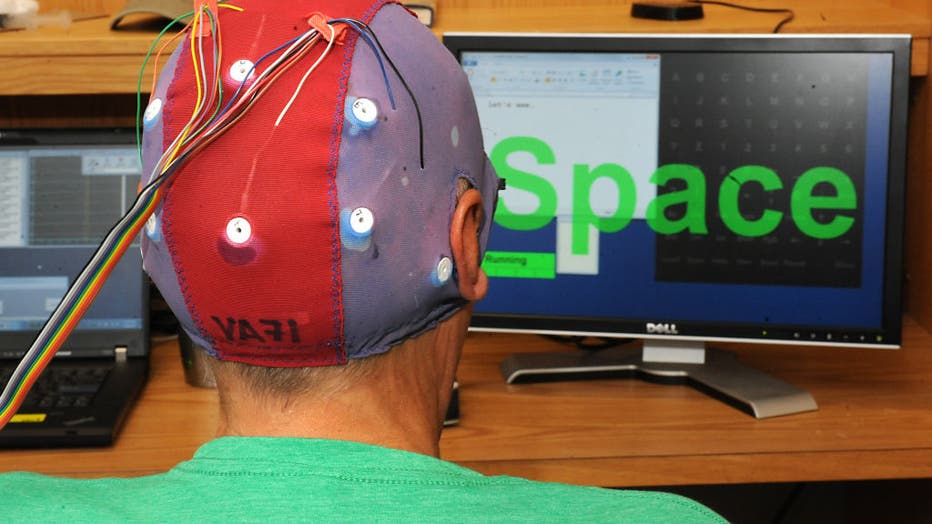Colorado enacts groundbreaking brain data privacy law

Can Neuralink chip improve paralysis treatment?
Marco Baptista, Chief Scientific Officer with the Christopher & Dana Reeve Foundation, joins LiveNOW's Austin Westfall to explain how Elon Musk's Neuralink brain implant could improve paralysis treatment.
In a landmark move, Colorado has become the first state in the nation to extend privacy protections to neural data, reflecting the increasing interface between technology and human biology.
Governor Jared Polis signed the bill into law on April 17, marking a significant step in regulating the burgeoning field of neurotechnology.
The newly enacted law, approved by a resounding 61-to-1 vote in the Colorado House and unanimously in the Senate with a 34-to-0 tally, broadens the scope of "sensitive data" in the state's existing personal privacy statutes to encompass biological and "neural data" produced by the brain, spinal cord, and the extensive nerve network that transmits signals across the body.
Colorado sets the standard in neuroprivacy
The new legislation, added to the existing Colorado Privacy Act, aims to safeguard the personal neural data of its citizens—a type of data that is expected to become more prevalent as technologies linking computers to human nervous systems develop.
The bill's sponsor, State Representative Cathy Kipp of Fort Collins, emphasized the importance of balancing technological progress with privacy.
"The advancements underway in this field have tremendous potential to improve the quality of life, especially for people with disabilities, which is why we must provide a clear framework to protect Coloradans’ personal data from being used without their consent while still allowing these new technologies to develop," Kipp said in a release.
She underscored the necessity of a clear legal framework to prevent the misuse of such sensitive data without individuals' consent.

Volunteer Paul Bishop wears an EEG gel cap as he demonstrates free spelling with his brain during an open house at newly designated NIH National Center for Adaptive Neurotechnologies at David Axelrod Institute on Tuesday, Sept. 29, 2015 in Albany, N.
What is neurotech?
Recent developments in neurotechnologies, which aim to merge human cognitive and sensory abilities with computer functionalities, underscore the relevance of such legislation.
Among these is Neuralink, a company co-founded by entrepreneur Elon Musk, which recently implanted a device in a human subject for the first time.
Musk reported that the implant was successful and that the patient, a person with quadriplegia, was recovering well. This milestone is part of a broader trend, with over 40 brain-computer interface trials currently listed on clinicaltrials.gov. These trials target a range of applications, from treating brain disorders to aiding recovery from brain injuries.
Navigating data privacy concerns in the digital age
As these technologies inch closer to broader application, concerns about data privacy loom large, especially in light of ongoing issues surrounding the sale and trafficking of consumer data by social media companies.
The passage of this law in Colorado could set a precedent for other states to follow as the integration of technology and human physiology continues to evolve. It also raises important questions about the boundaries of privacy in an age where consumer data is a precious commodity, and the human body could become the next frontier for data generation.
The initiative by Colorado highlights the increasing need for robust legal protection in the face of rapid technological advancement. Lawmakers say these protections ensure that innovation can continue while respecting individual privacy rights.
This story was reported from Los Angeles. The Associated Press contributed.

